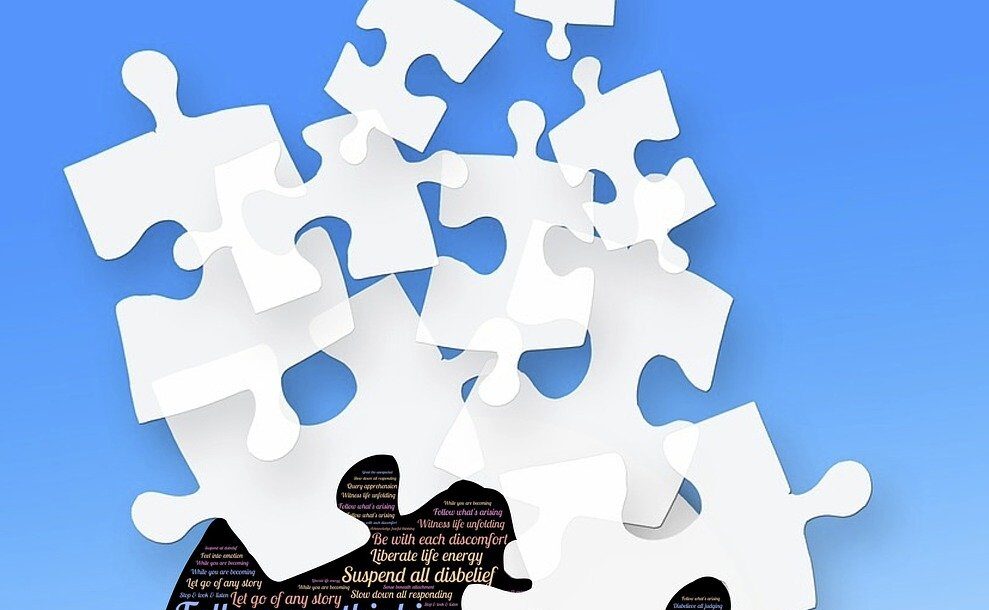Control and coercion are behaviours that manifest when someone attempts to dominate or manipulate another person’s beliefs, actions, or decisions. In these situations, one person imposes their perspective on another, believing that their way of thinking or living is the only valid path. This can lead to significant tension, emotional harm, and even long-term psychological trauma for those on the receiving end. But why do people feel the need to control others and enforce their beliefs?
The Psychology Behind Control and Coercion
At the heart of control and coercion lies fear—fear of difference, fear of losing power, or fear of being wrong. When people try to make others follow their beliefs, it’s often because they feel threatened by perspectives or lifestyles that differ from their own. In many cases, this stems from insecurity or an underlying need for validation. They may believe that if others agree with them, it reinforces the idea that their way of thinking is correct.
Here are some of the main reasons people seek to control others’ beliefs:
- Insecurity and Need for Validation
People who are insecure about their own beliefs or values may try to impose them on others to reinforce their sense of self. Seeing others live or believe differently can make them feel uncertain about their own choices. To counteract that discomfort, they seek to control the narrative by insisting that others follow their path, thereby validating their decisions. - Fear of the Unknown
Fear of what is different or unknown can drive people to coercion. They may believe that if someone holds a belief or lives a life that contradicts their own worldview, it challenges their sense of order and security. Control becomes a way to maintain a familiar structure in their lives, even at the expense of others’ freedom. - Desire for Power and Dominance
Control and coercion can also stem from a desire for power. Some individuals feel the need to dominate others, often believing that their authority gives them the right to dictate how others should live. In extreme cases, this behaviour leads to abusive relationships, where one person uses manipulation and force to maintain control. - Cultural or Social Conditioning
Cultural or societal norms often contribute to why some people believe they have the right to impose their beliefs on others. In certain environments, people may grow up with the idea that their religion, political view, or way of life is superior. As a result, they may feel justified in pressuring others to conform to these standards, sometimes even believing it’s for the other person’s own good.
The Harmful Impact of Control and Coercion
Imposing beliefs on others isn’t just disrespectful—it can be deeply harmful. Coercion strips people of their autonomy, leading to feelings of helplessness, resentment, and a loss of self-identity. Over time, those who are subjected to control may experience anxiety, depression, and a diminished sense of self-worth.
In relationships, control often manifests as emotional manipulation, where one person uses guilt, shame, or intimidation to influence the other. This dynamic can be especially damaging when it happens in intimate or family relationships, where trust and respect should be foundational.
Why People Should Respect Individual Autonomy
Everyone has the right to their own beliefs and to live their lives according to their values. Respecting individual autonomy is not only a fundamental human right, but it also fosters healthy relationships and a more harmonious society. When people allow others to live their truth, even when it differs from their own, they create an environment of mutual respect and understanding.
Allowing others the freedom to think, believe, and act independently helps build stronger, more authentic connections. It also encourages personal growth. When people feel safe and supported in their choices, they’re more likely to engage in open, meaningful dialogue, where learning and growth can happen for both parties.
What We Can Do to Break the Cycle of Control and Coercion
To combat control and coercion, it’s important to cultivate self-awareness and empathy. Here are a few steps to help foster more respectful, open-minded relationships:
- Practice Self-Reflection
If you feel the urge to control or impose your beliefs on others, take a moment to reflect. Ask yourself why their difference bothers you. Is it rooted in fear, insecurity, or a desire for validation? By understanding your motives, you can begin to address the underlying issues and break the cycle of control. - Respect Boundaries
Everyone has the right to their own boundaries. Rather than pushing others to see things your way, respect their right to make their own choices, even if those choices differ from yours. - Encourage Open Dialogue
Instead of trying to control others, engage in open and respectful conversations about your differences. Listen actively and without judgement. This kind of communication allows for mutual understanding and personal growth, fostering more meaningful relationships. - Cultivate Empathy
Empathy is key to breaking the need for control. By trying to see the world from someone else’s perspective, you can appreciate the value of diversity in thought and experience. Empathy reminds us that no two people are the same, and that’s what makes human interaction so rich.
How My Therapy Can Help
If you find yourself struggling with issues of control, coercion, or feeling controlled by others, my Growth Healing Therapy can help you uncover the root of these behaviours and patterns. Through compassionate exploration, I work with you to understand why these tendencies occur and guide you in cultivating healthier relationships based on mutual respect and autonomy. Together, we can help you reclaim your personal power and create boundaries that honour your individuality.
Respecting others’ beliefs while maintaining your own is a key step toward living a more fulfilling, balanced life. Whether you’re on the receiving end of coercion or dealing with controlling tendencies, there’s hope for healing and growth.




Leave a Reply